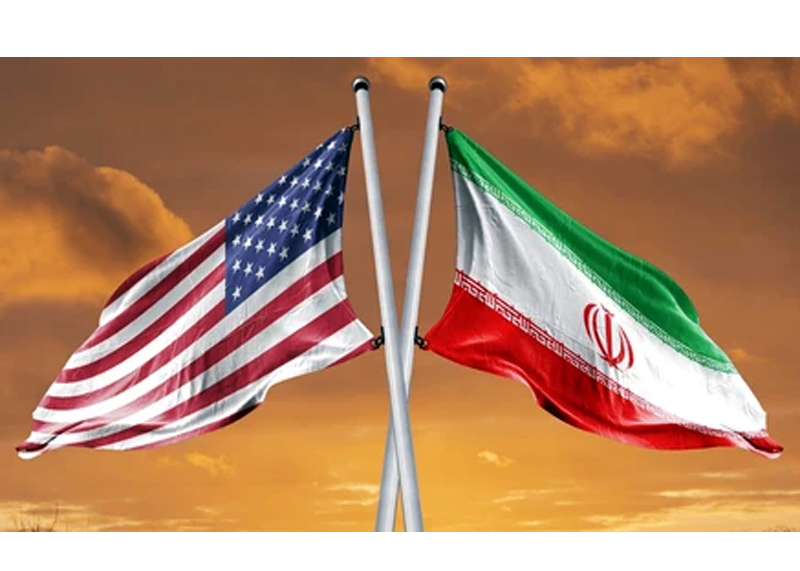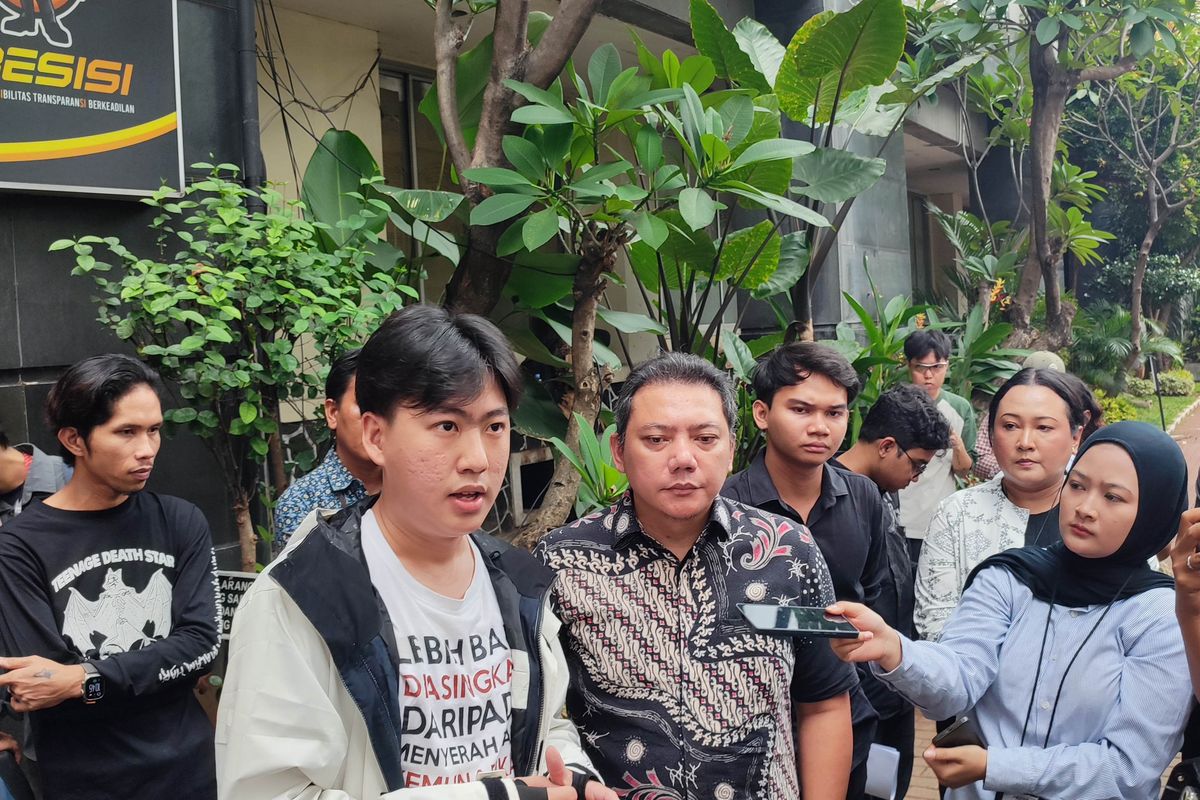On April 22, 2025, a devastating terrorist attack in Pahalgam, Indian-administered Kashmir, resulted in the deaths of 26 people, predominantly Hindu tourists. The Resistance Front (TRF), an offshoot of Lashkar-e-Taiba, initially claimed responsibility but later retracted. India accused Pakistan of supporting cross-border terrorism, a claim Pakistan denies.
In response, India launched “Operation Sindoor” on May 7, conducting missile strikes targeting alleged terrorist infrastructure in Pakistan and Pakistan-administered Jammu and Kashmir. Pakistan retaliated with Operation Bunyanun Marsoos, leading to a four-day conflict that concluded with a U.S.-brokered ceasefire on May 10.
Amidst these tensions, Indian Prime Minister Narendra Modi visited Jammu and Kashmir on June 6, inaugurating the world’s highest railway bridge over the Chenab River. The 1.3 km-long bridge, standing 359 meters above the riverbed, is part of a $5 billion project aimed at integrating Kashmir with India’s broader railway network. Modi emphasized the government’s commitment to the region’s development despite security challenges.
Conversely, Pakistan’s Foreign Minister Ishaq Dar expressed openness to dialogue but criticized India’s focus solely on terrorism. He highlighted the need for comprehensive talks, including discussions on water issues, especially after India’s suspension of the Indus Waters Treaty—a move that has raised concerns in Pakistan due to its reliance on the Indus River for agriculture.
The international community continues to monitor the situation closely, urging both nations to engage in constructive dialogue to ensure regional stability.




